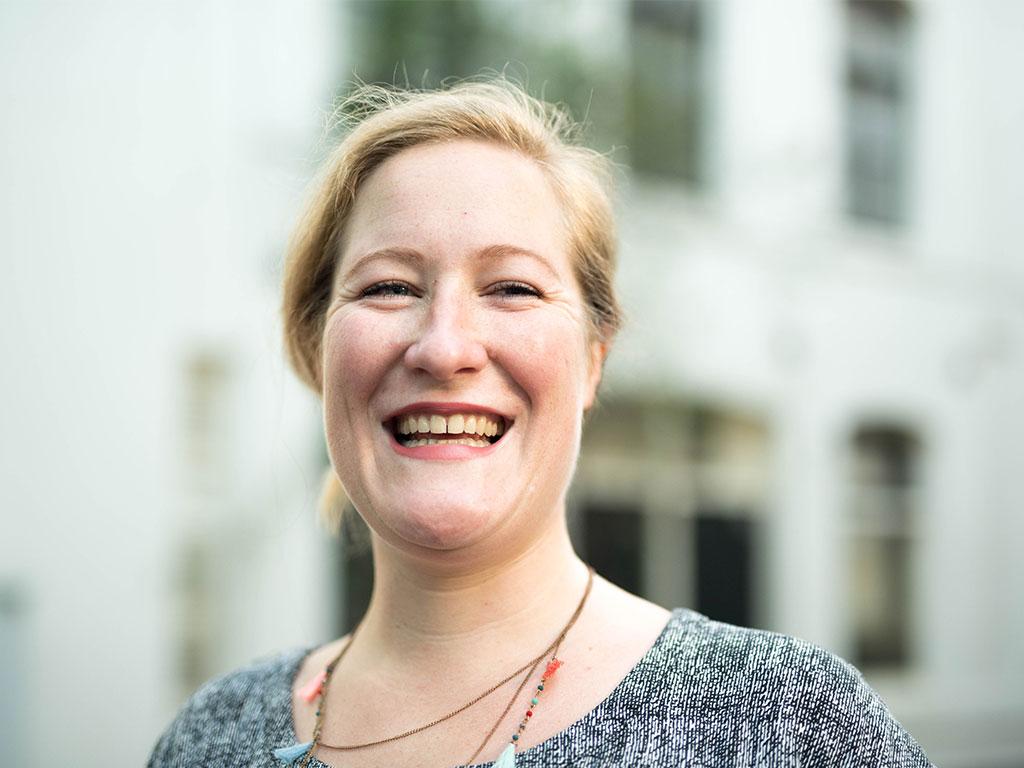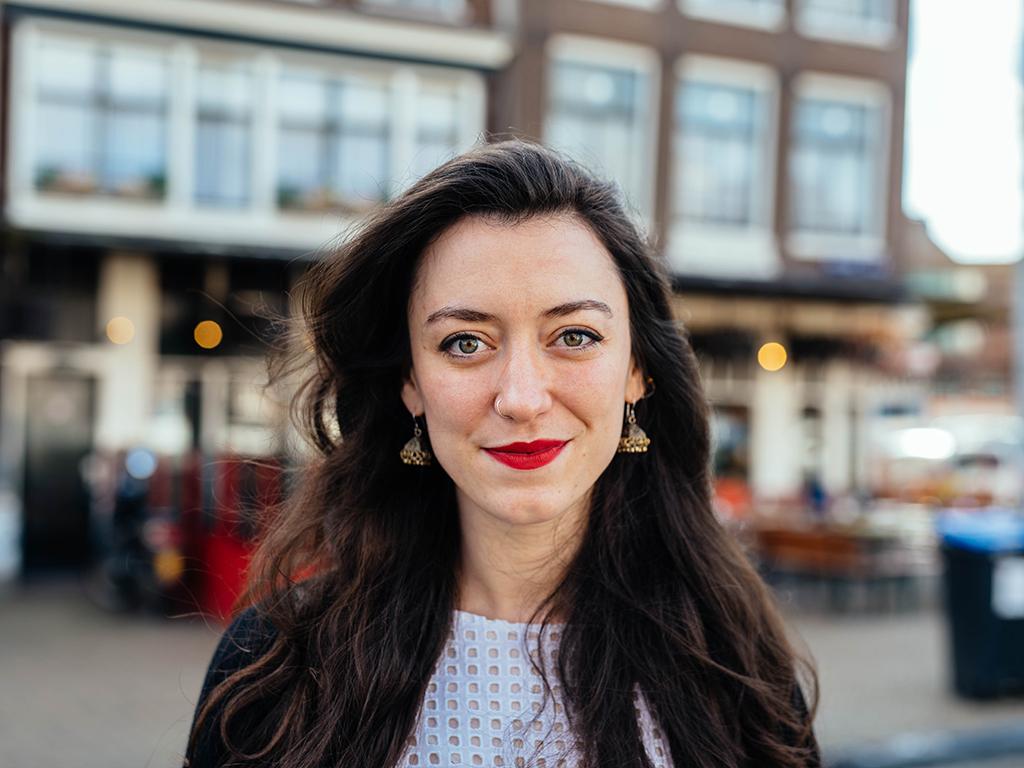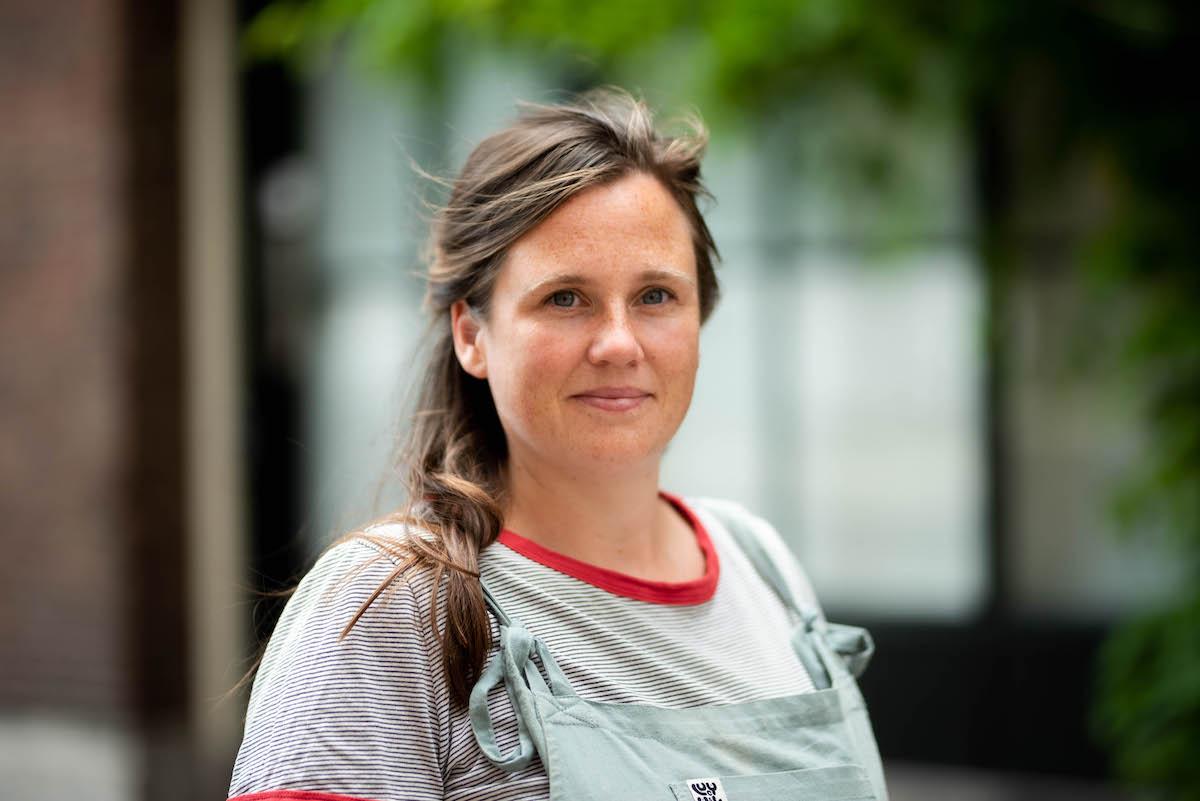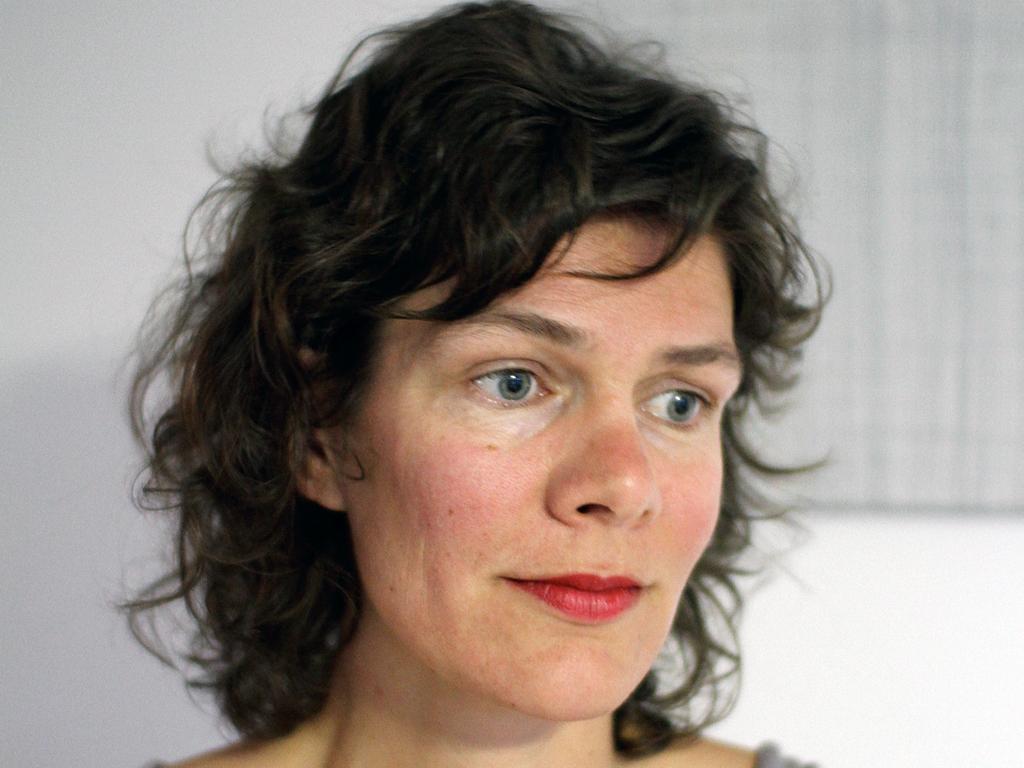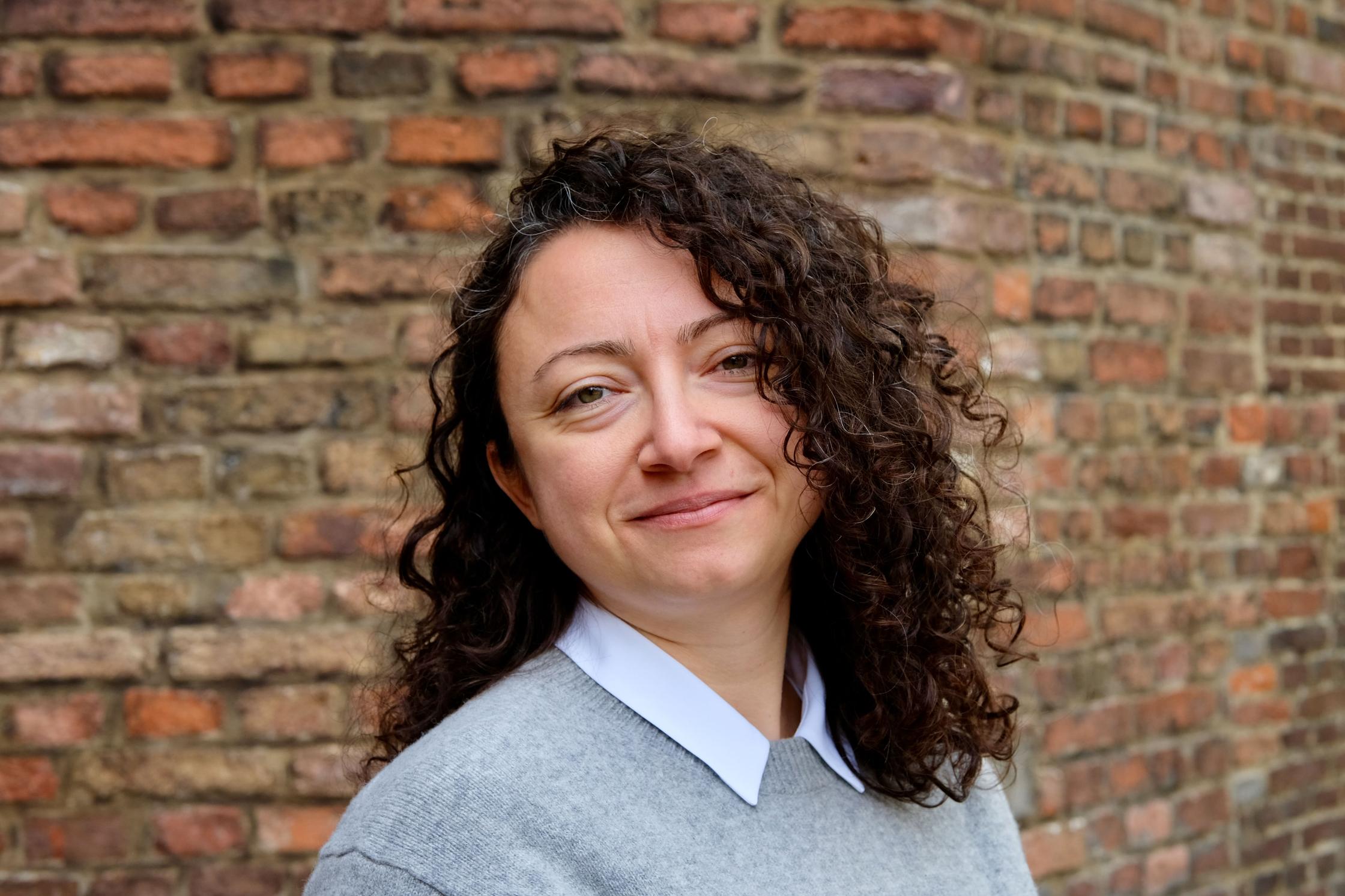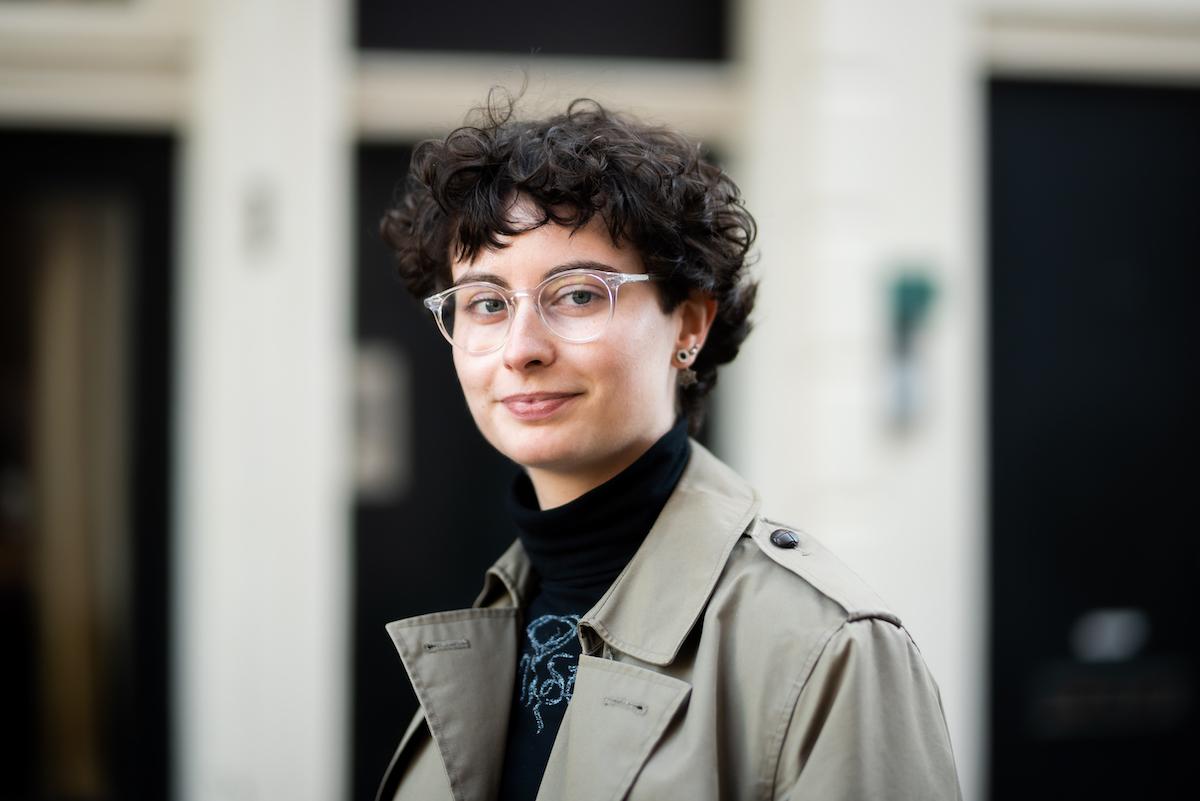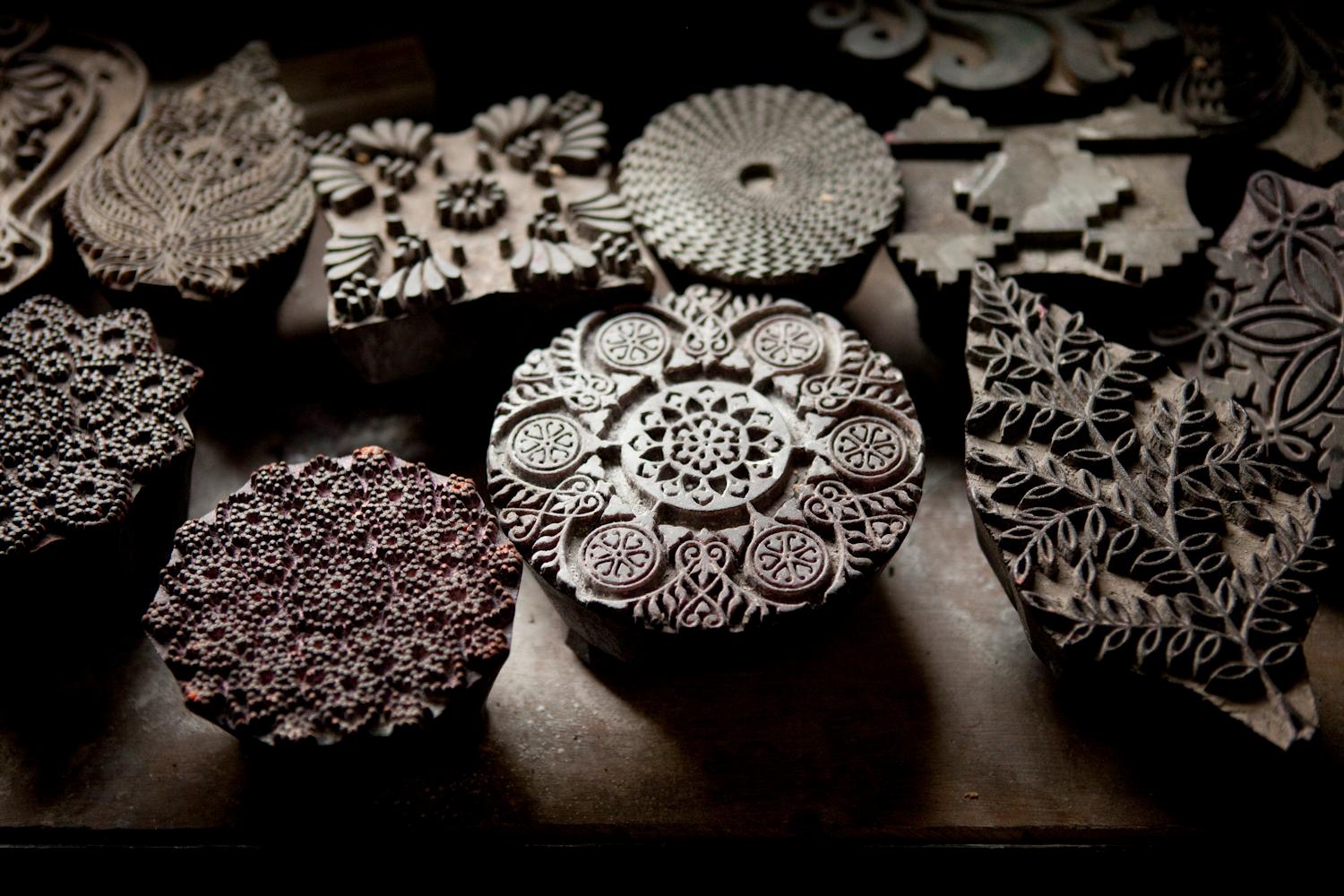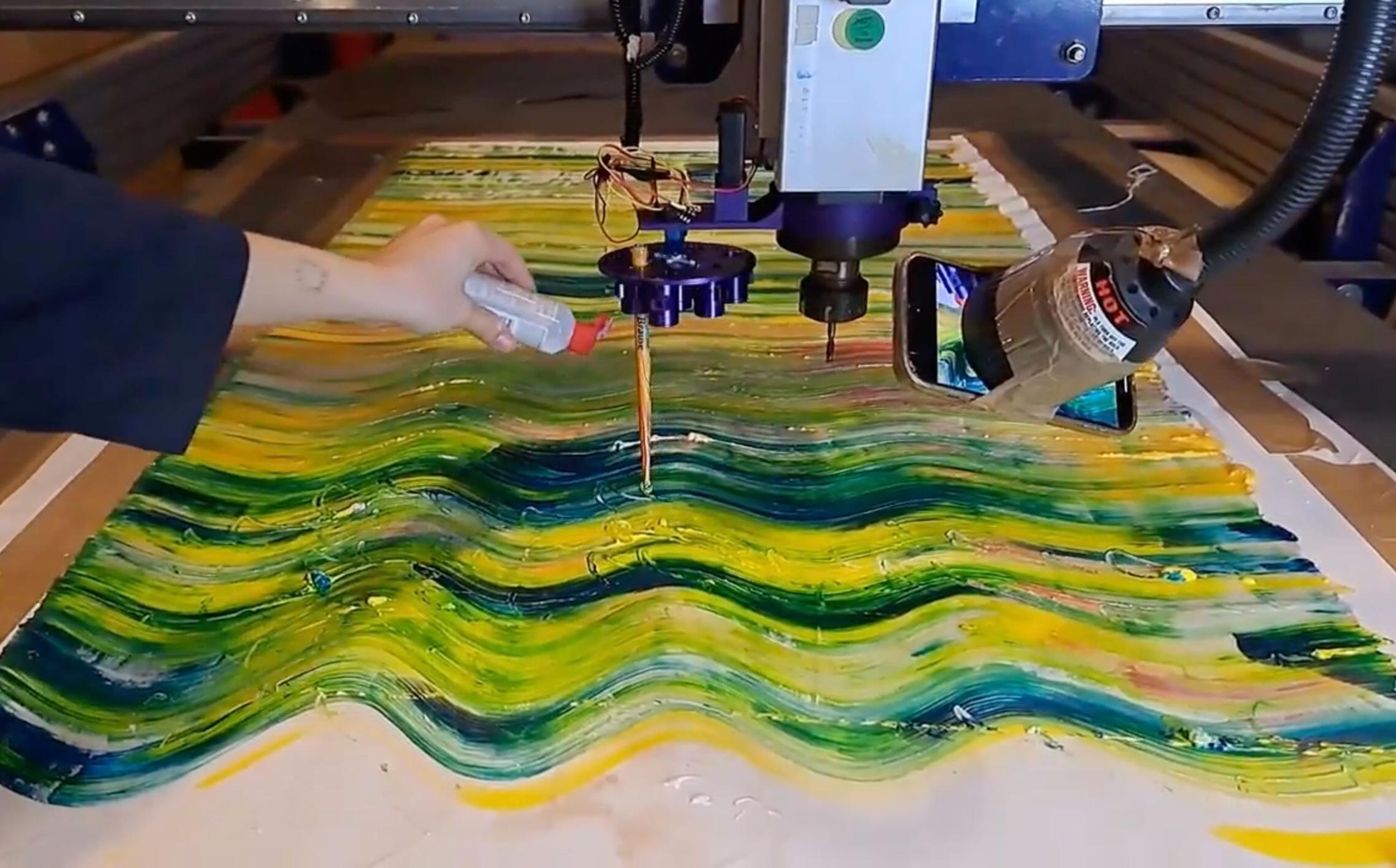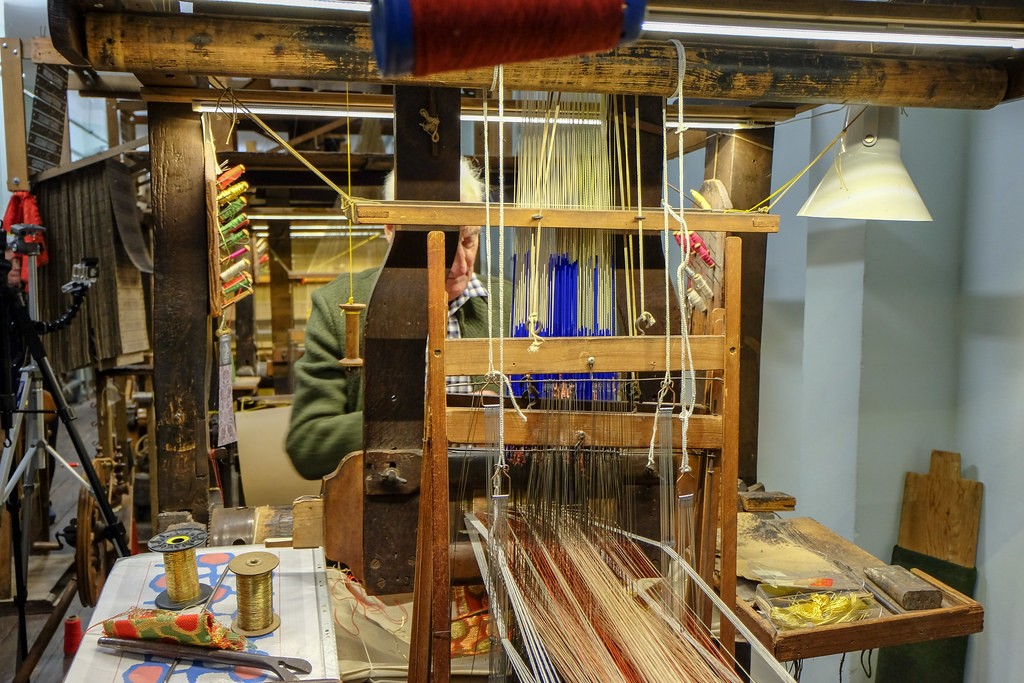
Tracks4Crafts
From metal forging to Staphorster dotwork: classic crafts are under pressure. Not only in the Netherlands, but throughout Europe, preserving their knowledge and existence is becoming increasingly challenging.
Despite efforts to include traditional crafts in the national list of intangible heritage, the question is: ’How can we avoid crafts and the specialist knowledge to fall into oblivion and at the same time ensure that practitioners, the crafters, can continue to thrive in an increasingly digitalised world?
Introducing Tracks4Crafts: crafts person 2.0
Within the European research project Tracks4Crafts, we seek to personify and define a crafts person 2.0. A guardian of quality and intangible heritage, who is also able to enrich a craft with modern techniques. At the same time, we explore how to help realise an organic transfer of knowledge between craftspeople of today and tomorrow. Tracks4Crafts is a four-year project with a consortium of 15 partners in 11 countries, funded by the European Commission.
Future-proof heritage approach
What elements of a craft process can you replace with modern technology while preserving the frameworks of heritage and tradition? In this project, we seek a future-proof heritage approach that enriches crafts and makes them more resilient where possible, without losing the characteristic features of craft heritage.
Organic knowledge transfer between craftspeople
How to move from merely preserving knowledge about crafts to transferring it sustainably? What can we do to transfer traditional craft knowledge to future generations of craftspeople and what technology can facilitate that process? Tracks4Crafts investigates and transforms the transfer of traditional craft knowledge to increase the social and economic appreciation of crafts and align them with a future-proof heritage approach in Europe.

Objectives and approach Tracks4Crafts
To revive the appreciation of crafts, improve the position of craftspeople, enrich traditional crafts where possible and develop a future-proof form of transmission using digital technologies, the European consortium of Tracks4Crafts works on the basis of four 'tracks' ('tracks'), through which the partners involved work to:
- transform learning processes into physical spaces where craftspeople work together (in high-tech environments, including fablabs and maker spaces etc.);
- develop new digital technologies that improve and transform the transmission of traditional craft knowledge;
- develop tools and instruments to capture and optimise the value of traditional craft knowledge produced (business modelling, certification and ownership protection);
- create networks to promote and disseminate the social and economic value of traditional craft knowledge.
Motivation Tracks4Crafts
Tracks4Crafts is not the first project to explore how to make crafts more future-proof using modern techniques and digitisation. While much has been achieved to value crafts as heritage, however, crafts are still often poorly integrated into high-tech environments (think fablabs and maker spaces) and craftspeople often lack product development that can keep up with the market dynamics of the present time and those of the future.
The challenge for Tracks4Crafts lies in finding ways to protect and strengthen crafts while promoting their economic and social value, preserving the uniqueness of a craft and craft process while innovating.
What does Waag do?
Waag is organising a two-part pilot experimenting with shaping a 'craftsperson 2.0' and developing matching teaching materials at Waag's TextileLab in Amsterdam. By tapping into the full potential of technology, including for transforming embodied traditional craft knowledge into (embodied) open-source knowledge, we help transform crafts and prevent them from disappearing from sight.
The TextileLab is a laboratory for fashion and textiles experimenting with craftsmanship, heritage, technology, digital fabrication and biology. In the pilots, Waag collaborates with Marloeke van der Vlugt. As an artist and designer, Marloeke operates at the intersection of theatre, audiovisual expressions, and haptic perception (sense of touch, feeling and touch).
Description of the pilot: Hacking the machines
The pilot project in Amsterdam develops an open-source hacking protocol to convert a computer-controlled CNC machine into an interactive haptic textile printing device, for printing bio-based traditional inks and stains on textiles.
The pilot study - which draws on the local historical and traditional connection and use of block printing, dot-printing and natural dyes in the Netherlands - serves as a bridge for exploring technological alternatives and sustainable use of materials, addressing current environmental challenges in textile colouring and printing.
Using a 'haptic intervention machine', the researchers aim to provide a sensory and intuitive creative interaction between the craftsman and the digitally controlled machine, critically exploring the gap between traditional hand-painting or printing on the one hand and fully digitised alternatives on the other.
Want to know more?
Please visit: tracks4crafts.eu
Meta data
Project duration
Team
Partners
The Tracks4Crafts project is financed by the European Commission under grant no. 101094507.
